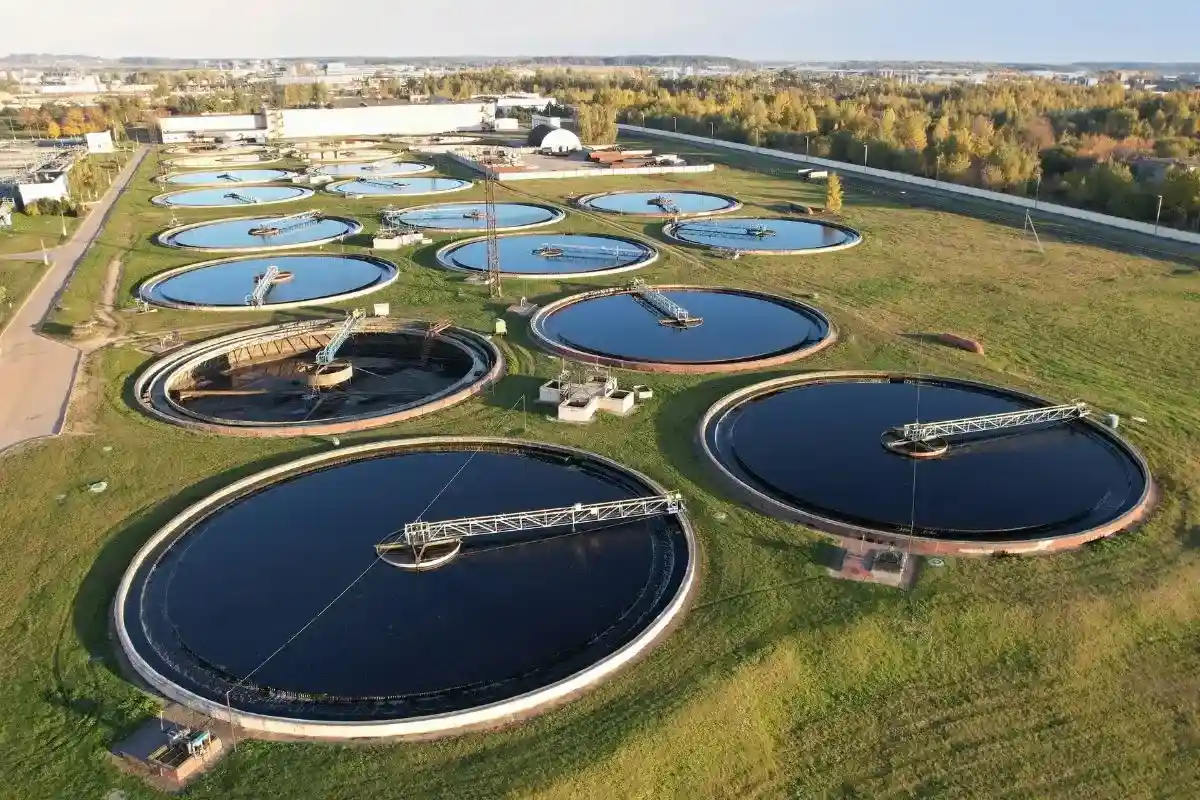
Smart water capture systems are becoming increasingly important as climate change disrupts rainfall patterns, intensifies droughts, and increases the risk of flooding. These systems use advanced technology to collect, filter, and reuse water efficiently, helping both urban and rural areas adapt to changing environmental conditions. By capturing rainwater, recycling wastewater, and improving storage, smart water systems reduce strain on freshwater supplies and promote long-term sustainability.
Modern water capture technologies combine innovation with practicality. For example, smart rainwater harvesting systems use sensors to track rainfall, monitor tank levels, and automate water distribution for irrigation or household use. In cities, advanced treatment facilities recycle wastewater into clean, usable water for industrial or agricultural purposes. These systems not only conserve resources but also reduce energy use and pollution associated with traditional water treatment processes.
However, implementing smart water infrastructure on a large scale requires investment, collaboration, and education. The high upfront costs of installation, limited access to new technology, and lack of awareness about water-saving benefits can slow progress. Encouraging public and private partnerships, offering financial incentives, and promoting community-based water programs can help overcome these challenges and make water capture systems accessible to more regions.
Smart water management is one of the most powerful tools for resilience in a changing climate. It helps protect ecosystems, ensures water availability for future generations, and reduces vulnerability to droughts and floods. As climate challenges grow, adopting these systems will be essential to building a sustainable and water-secure future.
How can smart water capture systems help communities adapt to the effects of climate change? What technologies are most effective for recycling and reusing water? How can governments and businesses promote the adoption of smart water infrastructure? What steps can individuals take to support water conservation and sustainability in their homes and communities?
Use the online submission form when sending your articles to help us track all of your submissions. Please try to write about the above topic. Your response should be at least 1,000 words.
To receive credit, your effort is what matters. You should find ways to contribute thoughtful ideas that will help others. Feel free to use personal stories or other information that you want to share, but do not use real names or other identifying information. You may write your response in the space provided or upload your response. Once we review your response, you will receive credit.
Click the button below to submit your article and get your credit.